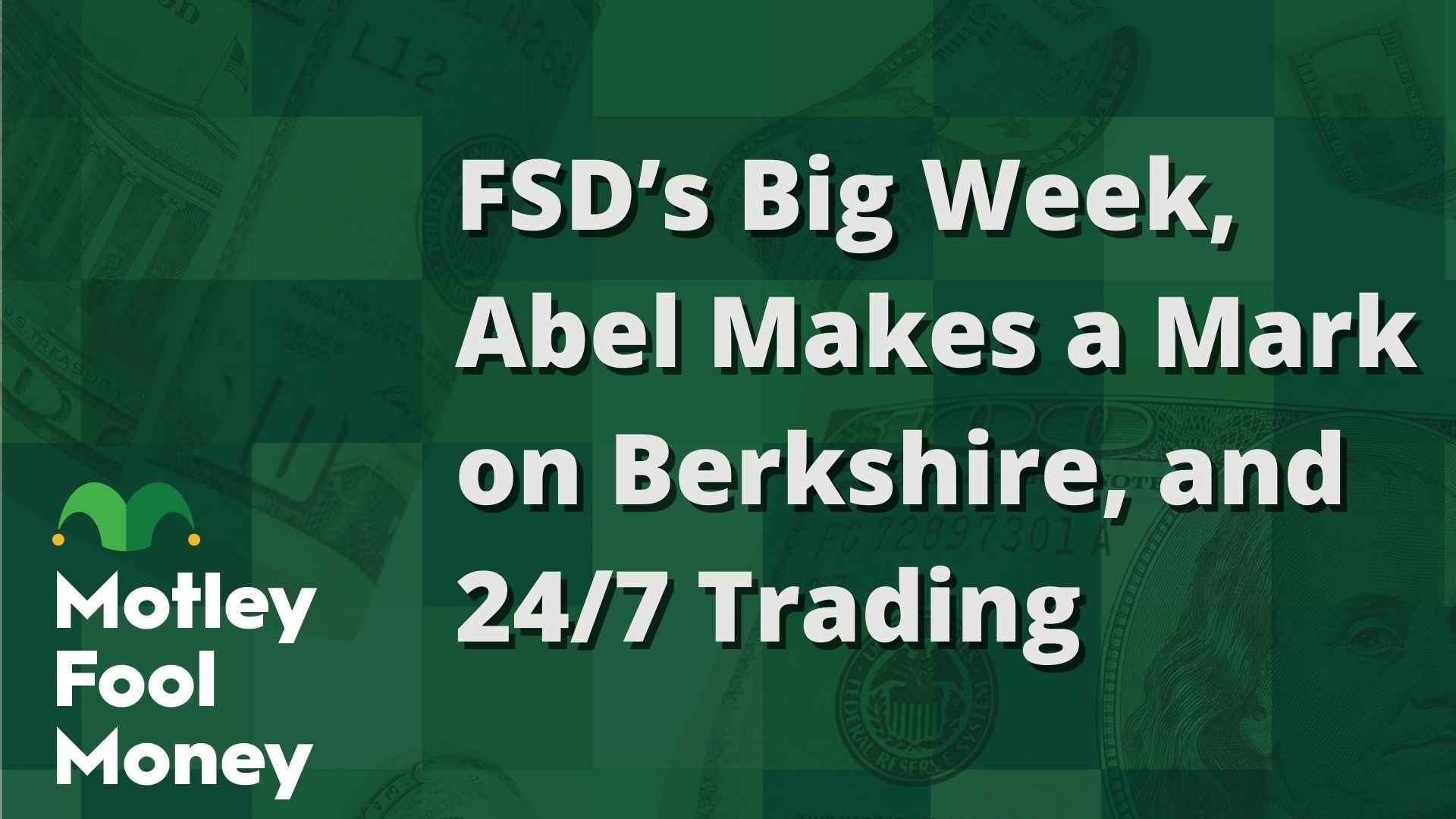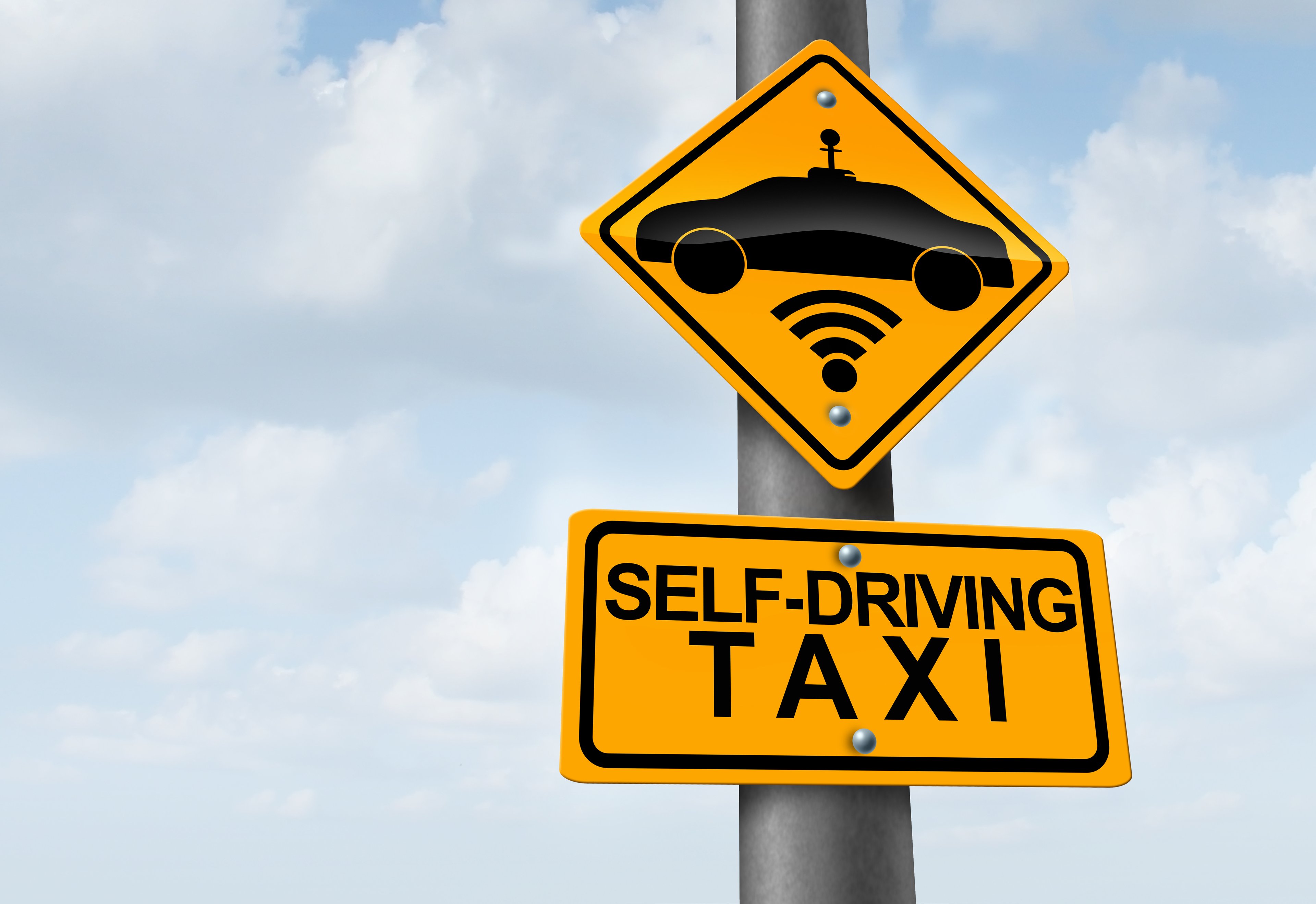Every day, Wall Street analysts upgrade some stocks, downgrade others, and "initiate coverage" on a few more. But do these analysts even know what they're talking about? Today, we're taking one high-profile Wall Street pick and putting it under the microscope...
Tesla (TSLA +3.38%) investors just can't seem to catch a break.
Since rebounding off their lows from the great tech sell-off of 2018, Tesla shares have been in free fall -- down more than $100 (or 29%) since about mid-December on manifold bad news headlines. Last week, the stock suffered from news that Model 3 sedan production was stalling and Model 3 deliveries were falling. Today, shares are getting hit by reports that Tesla has decided to cut electric battery production in line with stagnant electric car sales.
Here's what you need to know.

Tesla's plans to produce cheap batteries en masse at its Gigafactory aren't working out quite as expected. Image source: Tesla.
Gigafactory shorts out
This morning, TheFly.com cites a report from Nikkei Asian Review warning that Tesla and Gigafactory partner Panasonic are putting on hold plans to expand Gigafactory 1 battery production by 50%.
Within this mammoth, 15 million-square-foot Nevada factory, Panasonic builds rechargeable electric car batteries, and Tesla assembles them into battery packs for its cars -- among them the Model 3. But with Model 3 sales leveling off, the case for making additional investment in expanding production capacity has weakened, and Nikkei Asian Review says the companies have been forced to rethink their plans. Adding to the worries, there are rumors that Panasonic may also be having doubts about the companies' planned, jointly operated Shanghai, China, Gigafactory.
Roth reacts
It didn't take Wall Street long to react to the Nikkei report. This morning, analysts at Roth Capital cut their price target on Tesla from $270 to $240 a share. Despite the fact that Roth maintains a neutral rating on the stock, the new target -- implying a 10% downside risk -- suggests that Roth is actually more pessimistic about Tesla's chances than its rating lets on.
Roth wasn't coy about its reasons for cutting its price target, either. Directly referencing the story in Nikkei, the analyst noted: "The direct read on Panasonic/Tesla suspending plans for Gigafactory expansion is the partners probably do not see Tesla achieving projected sales volumes, and therefore necessary battery demand." The analyst then went a step further, though, in a note covered by StreetInsider.com (subscription required), blaming "too high" battery costs at Tesla for the failure of its Model 3 to sustain sales growth.
Roth notes that Tesla powercells probably cost about $240 per kilowatt hour (kWh), which means that the 62 kWh battery pack in a midrange Model 3 adds nearly $15,000 to the car's cost. A long-range battery pack, rated at 74 kWh, would add nearly $18,000. Granted, other automakers entering the electric car race face even higher costs. (The analyst notes that Volkswagen, for example, is probably paying about $250/kWh.) But even so, the upshot is that the vast scale of Tesla/Panasonic's Gigafactory doesn't appear to be translating into significant reductions in battery cost.
Or as Roth puts it: "Tesla has no advantage here."
What it means to investors
That's a frighteningly blunt statement for Tesla investors, given how much faith has been invested in the company's efforts to gain scale in battery production, with the goal of lowering battery costs and underpricing its competitors. But the numbers seem to bear it out.
Currently, S&P Global Market Intelligence data shows that Tesla's gross profit margin of 18.8% is precisely equal to Volkswagen's 18.8% gross margin -- while Volkswagen's operating and net margins for last year were positive. (Tesla's weren't, although it did score positive profit margin in the year's second half.)
Now, it's still possible that Roth is too negative on Tesla and is prejudging the company's performance too soon. Tesla is only just now getting up to speed on Model 3 production, after all, and isn't yet reaping the full economies of scale that it might eventually expect to gain from all-out production rates at its soon-to-be-multiple Gigafactories. Furthermore, there's a movement afoot in Congress to double the number of electric cars per manufacturer eligible for federal $7,500 income tax credits. If that initiative bears fruit, it could well goose Tesla's sales growth once again, spur demand for additional production, and support demand for Gigafactory batteries -- perhaps leading to reductions in battery cost.
For now, however, it's fear of renewed losses for Tesla that's winning the day over greed in anticipation of greater Tesla sales -- and Tesla stock is going down.






